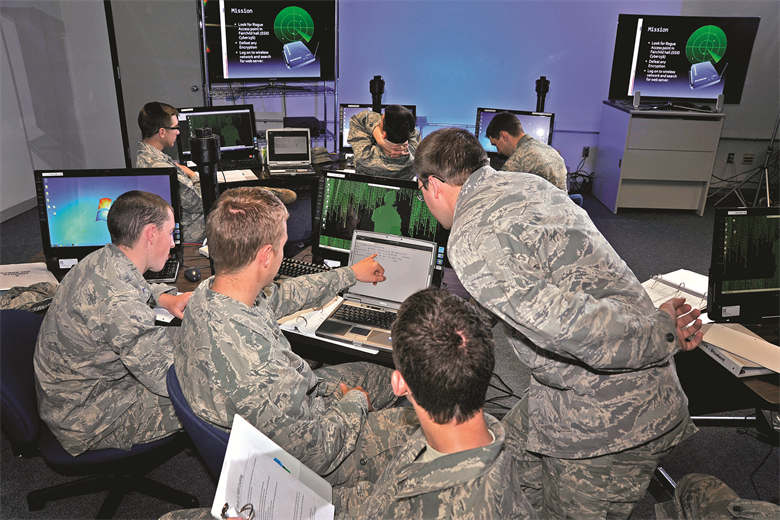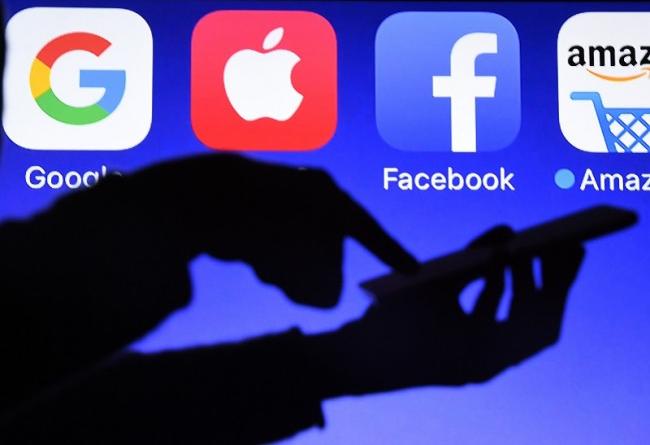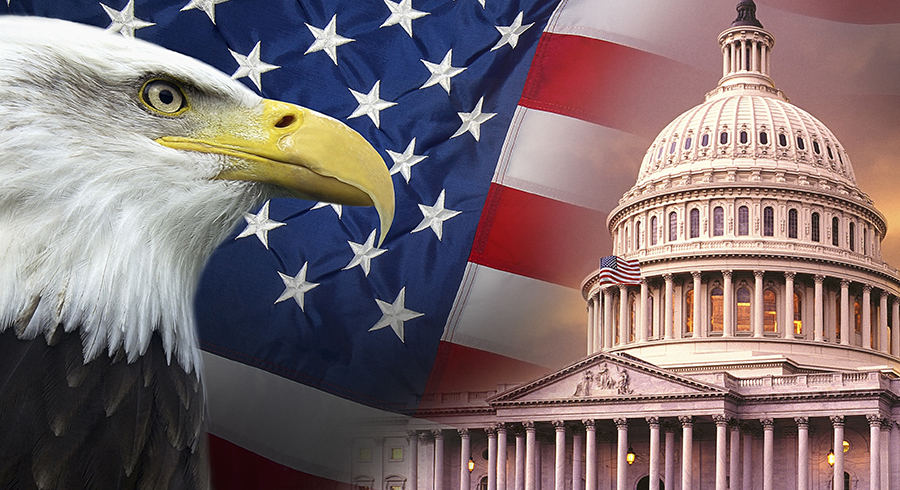
Wang Fan, Vice President, China Foreign Affairs University
May 17, 2018
China-US interdependence should prevent the two countries from entering a Cold War. Mutually assured destruction will prevent a hot war.

Ruoxi Bi, MA Candidate, New York University
Jan 11, 2018
Is the repeal of net neutrality in the U.S. moving the country closer to a Chinese system of internet monitoring?
Joseph S. Nye, Professor, Harvard University
Mar 24, 2017
A series of episodes in recent years – including Russia’s cyber interventions to skew the United States’ 2016 presidential election toward Donald Trump, the anonymous cyber-attacks that disrupted Ukraine’s electricity system in 2015, and the “Stuxnet” virus that destroyed a thousand Iranian centrifuges – has fueled growing concern about conflict in cyberspace.

Franz-Stefan Gady, Associate Editor, Diplomat
Jan 10, 2017
What will be President-elect Donald Trump’s policy on the use of offensive cyber weapons? First, he will likely adopt a more aggressive cyber position, with the subsequent risk of an accelerated cyber arms race. Second, he may loosen cyber alliances and abandon the quest for norms of state behavior in cyberspace. Both prospects could potentially make cyberspace more dangerous for the United States.
Franz-Stefan Gady, Associate Editor, Diplomat
Oct 25, 2016
While U.S. China relations regarding cyber security have improved over recent years, there are still large areas of distrust and room for improved communication. Namely, there are critical points regarding the 2015 agreement that are still evolving in the 2015 cyber attack agreement between the U.S. and China. Although cyber attacks have not decreased, promising diplomatic initiatives and areas of discussion have been opened.

Franz-Stefan Gady, Associate Editor, Diplomat
Oct 04, 2016
Countries such as China, Iran, Russia, and the United States are heavily investing in their cyberwar capabilities and are accumulating not just single cyber weapons but entire cyber weapon arsenals for use in wartime. Small and medium powers will need to start a public debate about how to tackle the growing threats from cyberspace sooner rather than later.
Rogier Creemers, Research Officer, Programme for Comparative Media Law and Policy
Sep 07, 2015
The Obama administration is proposing economic sanctions to punish Chinese companies benefiting from cyber espionage. As there are few clearly defined ways to account for cyber harm or universal norms in cyberspace, the call for sanctions can perhaps primarily be seen as a political signal aimed as much at domestic audiences as to China.
Rogier Creemers, Research Officer, Programme for Comparative Media Law and Policy
Jun 29, 2015
Despite no public statements made by the U.S. government, China has been implicated in a recent hack of the U.S. Office for Personnel Management. It has spurred a debate on information security, differences between economic espionage and cold war espionage, and the overall bilateral relationship.
Greg Austin, Professorial Fellow at the EastWest Institute
May 26, 2015
Is it government policy in China to pass on commercial secrets obtained via cyberespionage to civil sector firms?
Wang Yuzhu, Research Fellow, Institute for World Economy Studies, SIIS
Mar 12, 2015
The U.S. is concerned over China’s new anti-terrorism law due to additional network security regulations that would affect its enterprises in China. Since Chinese governments, banks, and research institutes are almost entirely dominated by foreign IT companies, there is justified concern over domestic cyber security. Strict regulation in law could ensure that all investors are treated equally without favoritism.
Back to Top

- China-US Focus builds trust and understanding between the U.S. and China through open dialogue among thought leaders.
- Our Offerings
- Topics
- Videos
- Podcasts
- Columnists
- Research Reports
- Focus Digest
- Stay Connected
-
Thanks for signing up!
- Get the latest stories from China-US Focus weekly.